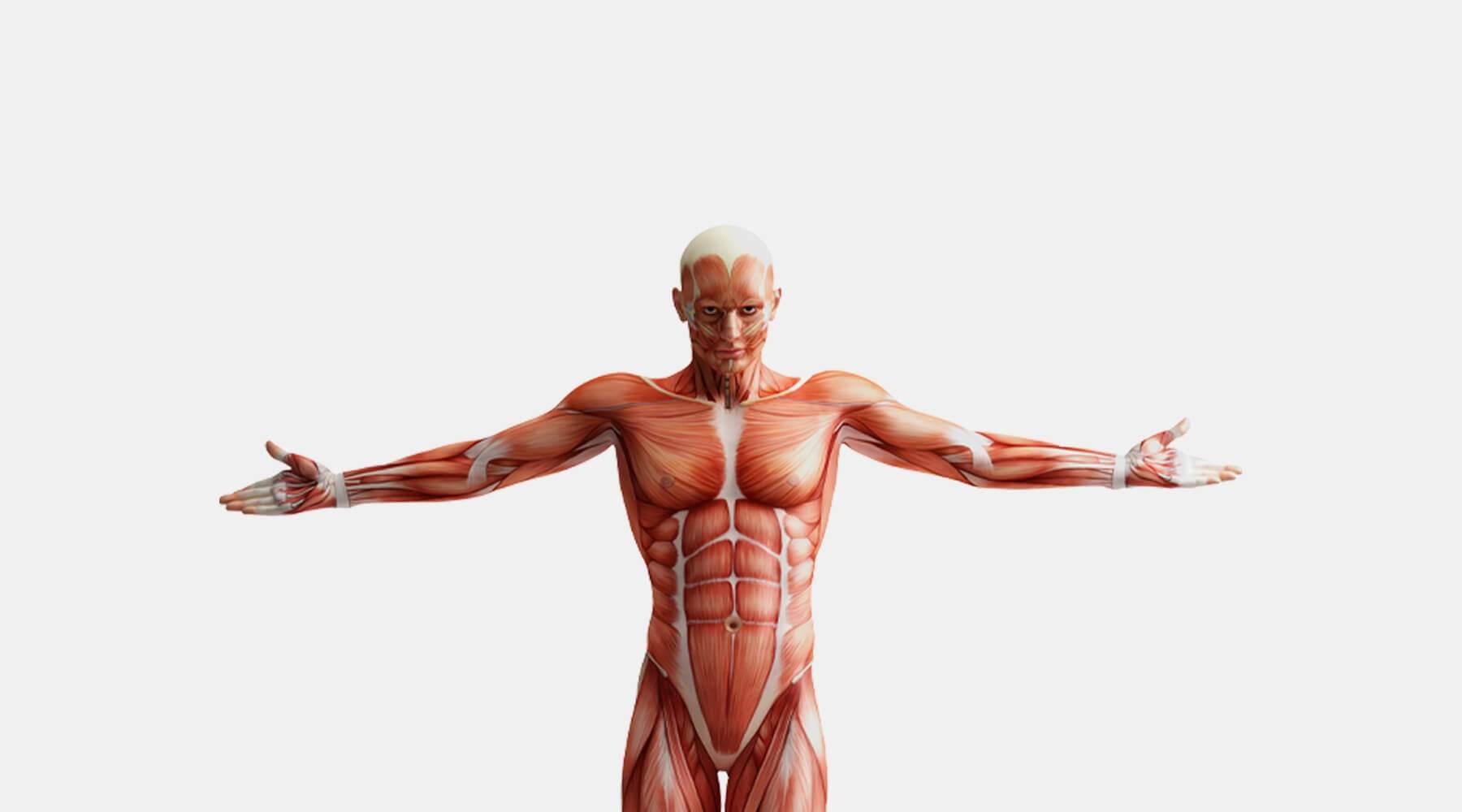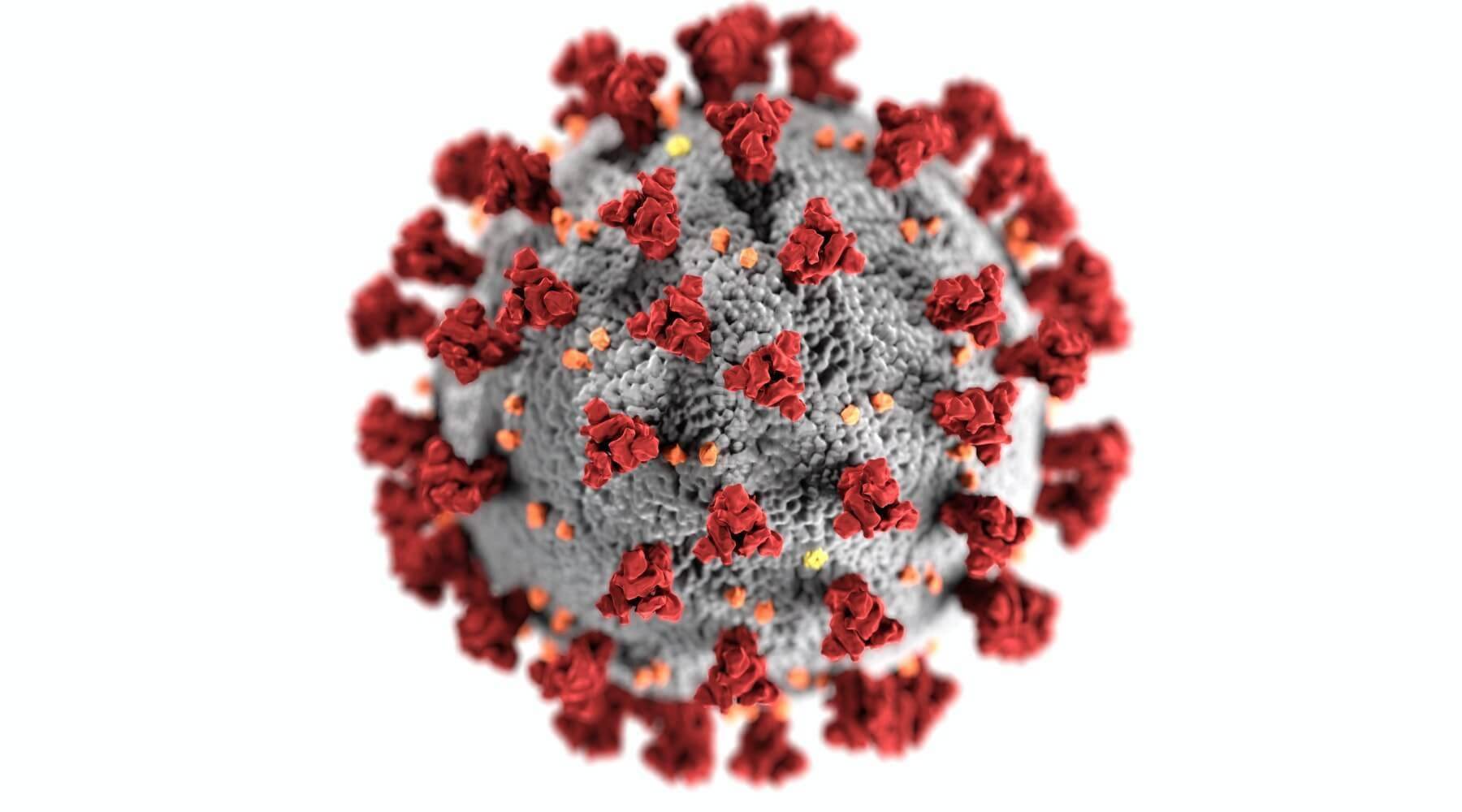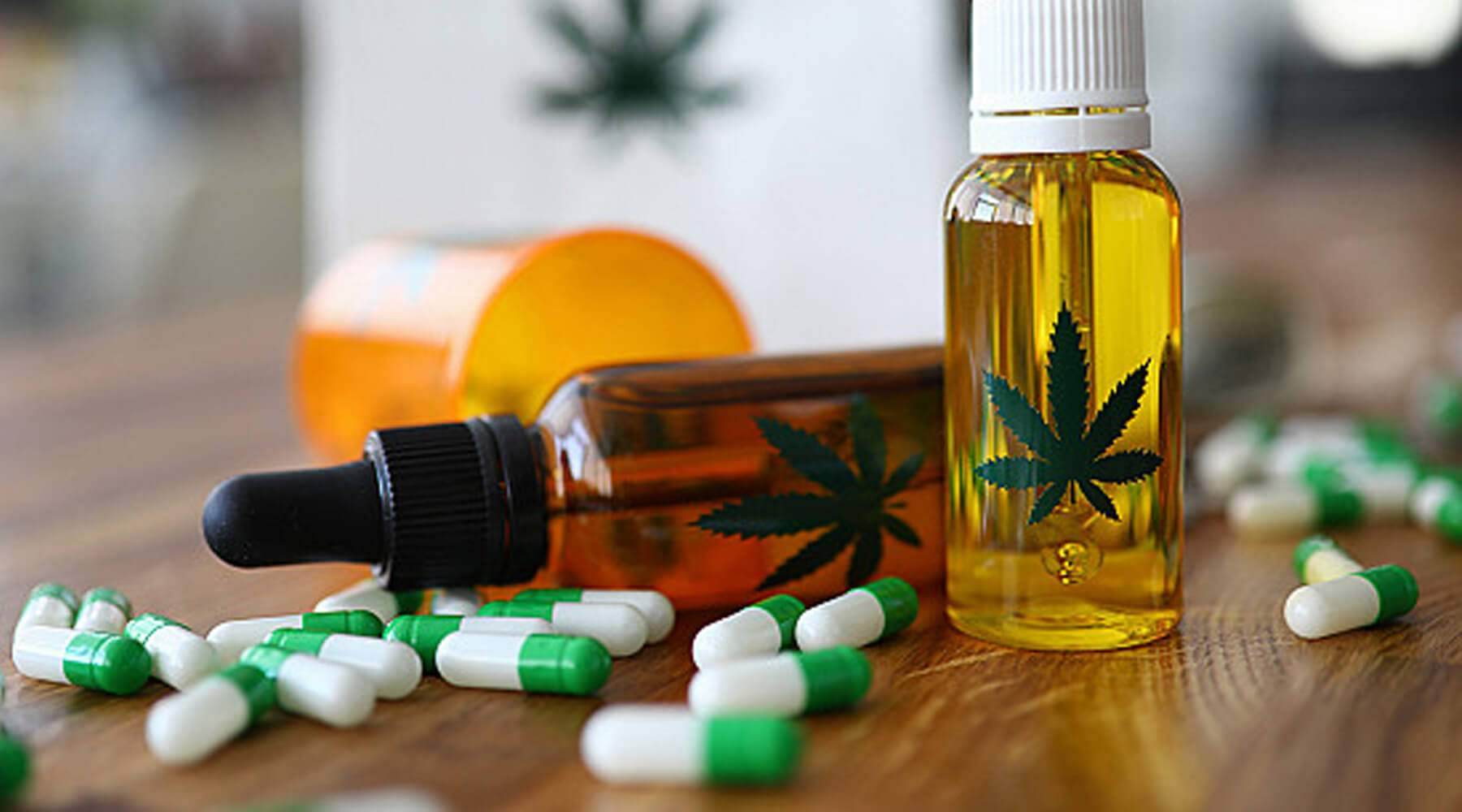
What is CBD and how does it work?
What is cannabidiol?
Cannabidiol (CBD) is one of many active compounds found within the Cannabis plant, it is a critical Phytocannabinoid found in hemp known for supporting the body and mind in many ways. Tetrahydrocannabinol (THC) is another active compound and also the most well-known, because of its psychoactive properties - the one that gets you “high.”
CBD oil is formed by extracting CBD from the cannabis plant, then diluting it with a carrier oil like coconut, sunflower or ideally with hemp seed oil. CBD is non-psychoactive but has several similar medical benefits as THC. This allows you to take advantage of the therapeutic benefits without leaving you with the “high” feeling that always goes hand in hand with THC. CBD is a remarkable option for those who are looking for relief from pain and other symptoms without the mind-altering effects of marijuana or certain pharmaceutical medications.
It’s gaining the spotlight in the health and wellness world and yet many people know nothing about its benefits. Decades of research and Various studies have shown that CBD may help reduce chronic pain by impacting Endocannabinoid System (ECS), receptor activity, reducing inflammation, and interacting with neurotransmitters and that CBD may ease symptoms of ailments like chronic pain, stress and anxiety. The human body has various receptors. Receptors are protein-based chemical structures that are attached to your cells. They receive signals from different stimuli.
CBD1 and CBD2 receptors
CBD is believed to interact with CB1 and CB2 receptors. Correspondingly, these receptors are mostly found within the central nervous system and therefore the peripheral nervous system. For example, Serotonin, a neurotransmitter, plays an important role in your mental health. Low serotonin levels are commonly associated with people who have depression. In some cases, not having enough serotonin may also cause anxiety and that’s where CBD may be helpful. The exact way CBD affects CB1 receptors in the brain isn’t fully deliberated. However, it may alter serotonin signals.
The usual treatment for low serotonin is a selective serotonin reuptake inhibitor (SSRI), such as sertraline (Zoloft) or fluoxetine (Prozac). SSRIs are only accessible by doctor's prescription.
Some people with anxiety may be able to manage their state with CBD instead of an SSRI. However, you should talk to your doctor before your treatment plan.
Despite CBD being a new player in the wellness world, few pieces of research were made on CBD and the results of what has been studied are promising. Few studies have found CBD may be effective in providing relief from various mental health conditions, including:
The research on CBD
Likewise, it may be effective for physical conditions too. One study on rats revealed that CBD oil may treat pain associated with arthritis, while another study on human cells found that CBD cream was an effective anti-inflammatory. CBD oil has even been an accustomed treatment aimed at insomnia and anxiety in children with post-traumatic stress disorder.
CBD has been studied for its role in treating a few health issues other than those outlined above. Though more studies are needed CBD is thought to provide the following health benefits:
- Anti-tumour effects: CBD has demonstrated anti-tumour effects in test-tube and animal studies. In animals, it has been shown to prevent the spread of breast, brain, colon, prostate, and lung cancer.
- Diabetes prevention: In diabetic mice, treatment with CBD reduced the incidence of diabetes by 56% and impressively reduced inflammation.
CBD is available in several different forms all over the world. This enables people to tailor their method of use to their specific needs. Here are the foremost common varieties of CBD:
Oils and tinctures
These liquids, usual oils, are mostly and commonly used. These are infused with CBD and placed under the tongue with a pipette. The under-tongue mucosa is full of tiny capillaries that absorb the compounds much more quickly. Oils and tinctures are a preferable choice for anyone who can’t take pills or capsules and prefer faster absorption.
Capsules and pills
CBD capsules and pills are used for the systemic treatment of seizure disorders and digestive issues. The Food and Drug Administration recently officially approved Epidiolex, the first high-potency CBD drug to treat epilepsy, and seizure disorders. CBD capsules are also preferred by those who don’t like the CBD oil taste or don’t have the patience to retain oil in the mouth. There’s one drawback with capsule forms, though. The time from ingestion results can take very long.
CBD side effects
Though CBD is generally well endured and considered safe, it may cause some adverse reactions in some people. Side effects distinguished in studies include:
- Diarrhoea
- Changes in appetite and weight
- Fatigue
CBD is also known to come into interact with several medications. Before using CBD oil, discuss it with your doctor to confirm your safety and avoid potentially harmful interactions.


